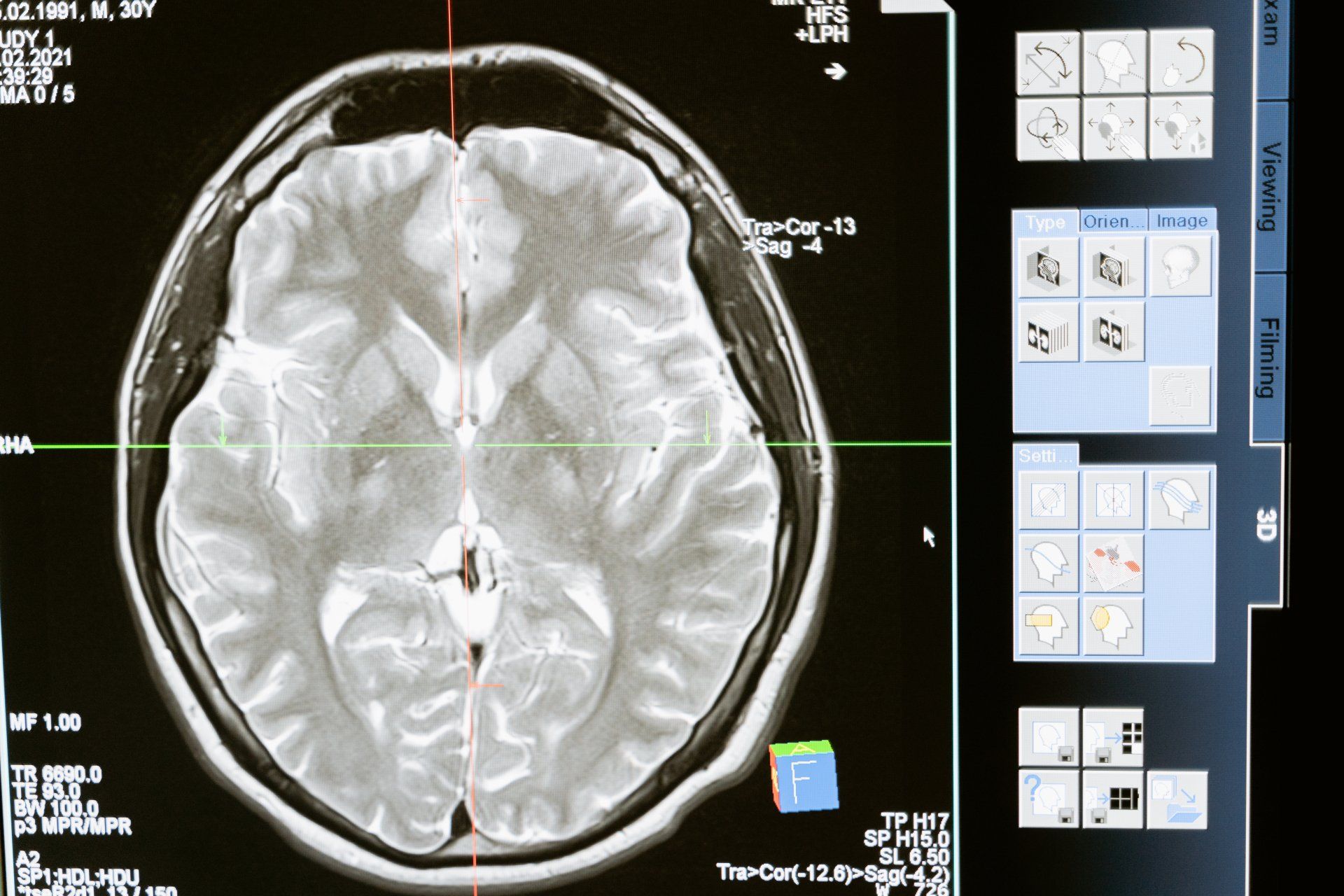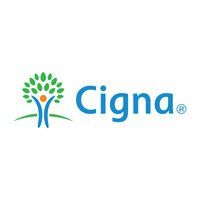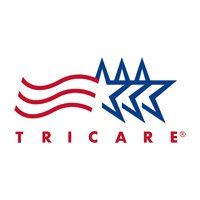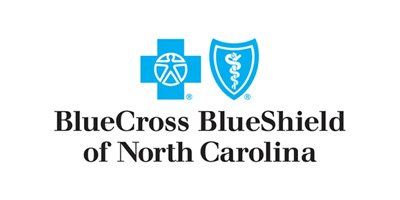Teen Mood Disorders
Discover how medication management, ketamine and TMS can help with teen mood disorders.
Teenager Mood Swings and Behavioral Symptoms
Navigating the rollercoaster of adolescence is something most parents and caregivers face. It can be challenging to keep up with ever-changing emotions, but teens are wired for moodiness! While mood swings are a typical part of adolescence, it's essential to watch out for signs that they could signify something more- like a teen mood disorder.
Teens dealing with mood disorders often struggle with emotions that seem overwhelming and frustrating, which can impact their daily lives and relationships. If your teen has difficulty putting his feelings into words, it may be because he's feeling so much it's hard to sort it all out.
When your teen has an angry outburst, it may actually be a sign of fear. If she's withdrawn or stubborn, she could be overwhelmed with stress or pressure. Some teens act out for attention, and others feel misunderstood.
22% of children and adolescents have unhealthy eating behaviors that could lead to or indicate an eating disorder
There are many alarming
statistics about teen eating disorders especially in the age of unhealthy comparisons and social media. Conditions like
anorexia
nervosa,
bulimia
nervosa, or
binge-eating disorder can intensify mood disorders and make feelings of
anxiety,
depression, or a distorted self-image worse.
Teen eating disorders often indicate a sign of underlying struggles with depression and anxiety. These conditions are complex and go beyond addressing surface-level symptoms to resolving the root causes of depression and anxiety.
By addressing these underlying mental health challenges, we not only pave the way for a healthier relationship with food but also develop
emotional resilience, providing teens with the tools they need to navigate the complexities of adolescence with strength and self-compassion.
Signs of Teen Mood Disorders
Recognizing the signs of teen mood disorders is essential for providing timely support and treatment. Watch for persistent sadness or prolonged low moods that go beyond the typical ups and downs of adolescence, along with other signs such as:
- Persistent Sadness: Prolonged periods of unexplained sadness or a consistently low mood.
- Withdrawal: Social isolation, distancing oneself from friends and family.
- Changes in Sleep Patterns: Significant alterations in sleep, either excessive sleep or insomnia.
- Decline in Academic Performance: A sudden drop in grades or a noticeable struggle to concentrate.
- Loss of Interest: Diminished interest or pleasure in activities that once brought joy.
- Irritability: Frequent outbursts of anger, frustration, or heightened irritability.
- Appetite Changes: Noticeable shifts in eating habits, leading to weight gain or loss.
- Eating Disorders: anorexia nervosa or bulimia nervosa can develop due to untreated teen mood disorders.
- Fatigue: Persistent tiredness, lack of energy, or a general sense of lethargy.
- Self-Harm or Suicidal Thoughts: Any indication of self-harming behaviors or expressions of suicidal thoughts should be treated with utmost urgency and care.
- Physical Complaints: Frequent physical ailments, such as headaches or stomach aches, without a clear medical cause.
The Role of Medication In Teen Mood Disorders
Unraveling a teenager's pain can be challenging for a parent. Still, our compassionate team has worked with many teens to help them overcome their challenges and understand their emotions to create progress and find
relief! Many times, medication can play a pivotal role in providing the stability they need to navigate the challenges of adolescence. It's important to understand that medication is not a one-size-fits-all solution, and decisions about prescriptions should be made in collaboration with our team.
Here are ways in which medication can contribute to the well-being of teens facing mood disorders:
- Balancing Neurotransmitters: Mood disorders often involve imbalances in neurotransmitters, the chemical messengers in the brain. Medications, such as selective serotonin reuptake inhibitors (SSRIs) or mood stabilizers, work to restore balance, alleviating symptoms of depression, anxiety, or mood swings.
- Improving Outcomes: In conjunction with therapy, medication can enhance the effectiveness of psychological interventions. It provides a foundation for teens to engage more effectively in therapeutic processes, allowing them to gain insights and develop coping strategies.
- Reducing Symptoms: Medication can help mitigate the intensity and frequency of mood disorder symptoms, providing teens with a more manageable emotional landscape. This can lead to improved daily functioning and a better quality of life.
- Improving Sleep Patterns: Many mood disorders are accompanied by disruptions in sleep patterns. Certain medications can help regulate sleep, promoting better rest and contributing to overall mental well-being.
- Enhancing Quality of Life: By alleviating symptoms that impact daily life, medication can help teens participate more fully in academic, social, and recreational activities.
- Helping Gain Emotional Regulation: Mood disorders often impact emotional regulation. Medication can help to stabilize mood fluctuations, which allows teens to respond to stressors more effectively and navigate emotional challenges with increased resilience.
Teen Mood Disorder Treatment in Apex, NC
We understand the unique challenges that teens and their families may encounter and are committed to individualized care and a comprehensive approach to treatment. If you suspect that your teen is dealing with a mood disorder,
reach out to our team today.
A proper diagnosis and personalized support can make all the difference in paving the way for a brighter, more emotionally balanced future. Together, we can foster an environment where every teen feels heard, supported, and equipped to face the unique challenges of adolescence.
OUR NAVIGATION
CONTACT US NOW!
It's important to know that you are not alone. Get help with depression today!

TMS THERAPY SUPPORTS MENTAL WELLNESS
- Depression
- Sadness or Despair
- Low Mood or Lethargy
- Irritability
- Lack of Joy
- Social Isolation
- Self-Harm
- Eating Disorders
Is ketamine therapy Right for you?
Do you suffer from depression, and common treatment options remain unsuccessful?
Do you want to feel the effects of treatment faster than traditional therapies? Then it's time you consider ketamine therapy.
In 1970, the FDA gave ketamine its seal of approval as an anesthetic. It was used to alleviate pain in injured soldiers on the battlefields of Vietnam.
Now, ketamine has matured to support individual mental health.
Unlock the promise of ketamine therapy today.

A Brief Look at Ketamine Throughout History
Ketamine was discovered in 1962 by Calvin L. Stevens, a professor of chemistry. It quickly proved to act quicker than the leading anesthetic at the time, PCP. The U.S. eventually approved ketamine in the 1970s for anesthetic use during the Vietnam War. As time passed, people began to use it illicitly, and it became a federally controlled substance in 1999.
But despite this classification, researchers remained steadfast, knowing ketamine could unlock the enormous potential for treating several health conditions. Now, after years of extensive research, significant findings show the promise of ketamine to manage various mental health conditions when administered in low doses.
Ketamine is the future of mental health treatment. Unlock it's potential and find the relief you deserve.
INTRANASAL KETAMINE & TMS THERAPY
We provide evidenced-based comprehensive therapy to individuals suffering from depression, anxiety, obsessive compulsive disorder (OCD), post-traumatic stress disorder (PTSD), and more by providing long-term relief for debilitating symptoms. The right program with ketamine and TMS may be the perfect solution to support your mental wellness.
Local to Apex NC?
Contact us today!

Rapid Symptom Relief
Ketamine doses act quickly! Most patients notice improved mood or mental state improvement within the same day of treatment. Dosage can depend on your unique needs. Have questions? Contact the NC Institute of Advanced Neurohealth.

Sustained & Long-Term Relief
Combination Therapy with Transcranial Magnetic Stimulation (TMS or rTMS) and Ketamine is a safe and highly effective alternative to medications and other forms of therapy and lifestyle changes. When medications, psychotherapy, and lifestyle changes don't help, then transcranial magnetic stimulation (TMS therapy) with Ketamine should be considered.

Outpatient Comfortable Care
Our expert staff will put you at ease. While Ketamine has proven to be effective in the treatment of depression, pain, and other mood disorders, this is irrelevant until the FDA classifies the drug as an antidepressant. The good news is, since Ketamine is a "medical expense", we are able to accept payment from HSA and FSA accounts.











